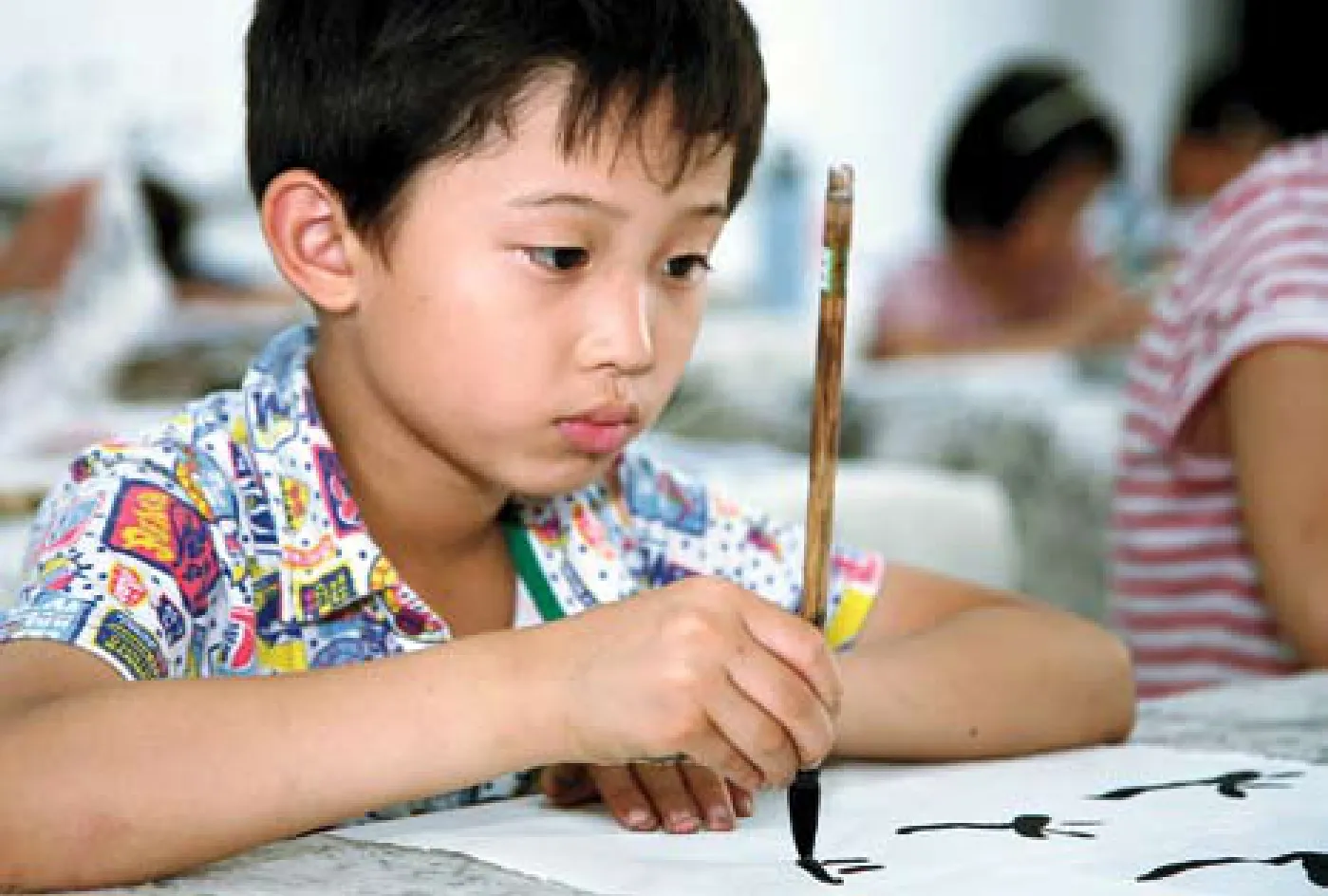WEEKLY WATCH
2011-10-14
WEEKLY WATCH
OPINION
Challenge to Aviation Authority
Mandato ry Donation
The East China Regional Administrative Office of the Civil Aviation Adm inistration of China (CAAC) has recently imposed harsh punishment on Juneyao Airlines, a Shanghaibased carrier, for its refusal to give way to a Qatar Airways fl ight which sent a “Mayday”distress signal due to low fuel while waiting to land at Shanghai Hongqiao Airport on August 13.
The public has to ask why the Juneyao Airlines fl ight was so bold to disregard an Air Traffic Control (ATC) command and nearly cause a crash of the Qatar fl ight.
This incident is a rarity in China’s civil aviation history. Due to its harm ful impact,the CAAC must take a zero tolerance policy and issue severe punishment in line with the law.
To some extent, the actions of the Juneyao pilots reflect the defects of the current civil aviation system. First, the fl ight captain’s neg ligence in safety aroused suspicion of his pilot qualifications or psychological health. W ithdraw ing the pilot’s license perhaps can warn other fl ight crews. However, the more important thing is to set up a mechanism to prevent sim ilar incidents in the future. If the problem was w ith the pilot, then fl ight regulations need measures to verify the mental status of pilots before they enter the cockpit. Second,the violation show s that the current fl ight control and command system is not fair enough. China’s civil airlines are allocated by adm inistration rather than market mechanism. Some small private airlines cannot benefi t from the monopoly situation. Their complaints might turn into a bold challenge to the ATC command at a crucial point.
Beijing Times
Calligraphy Class
Recently the Chinese M inistry o f Education announced all primary and middle schools w ill add calligraphy training for students during their compulsory education.We welcome this policy. Chinese youngsters should learn calligraphy to continue our traditional cultural heritage.
However, there is a question for the calligraphy education initiative. Are all schools across the country ready to teach calligraphy for the upcoming semester? A school must be prepared for opening any new course.It needs to train qualified teachers, make a teaching outline and purchase teaching materials. Otherw ise, carrying out the calligraphy education in haste w ill not achieve the desired effect.
In addition, according to the ministry,the calligraphy class is an optional course.If some schools don’t have the resources to teach calligraphy, the initiative might become nominal and lose its significance.
Calligraphy class is good for every student. But how w ill the m inistry put policy into practice? The calligraphy initiative is testing the efficiency of Chinese education institutions. Only through quality-focused education, can children grow to be qualified citizens who master traditional Chinese culture as well as modern science know ledge.
Xi’an Evening News
In Changsha County of central China’s Hunan Province, teachers w ill have to donate 1 yuan ($0.15) every day from their salaries in 2010. Even though it’s only 1 yuan per day,the yearly amount is 365 yuan ($56), and has been raised to 400 yuan ($61). The head of the county charity association explains that teachers should have high moral standards,so they are not supposed to care about the money.
A township teacher’s monthly salary is only a few hundred yuan, and surely they feel it unfair to have the “donation”imposed as a salary deduction. However,since it’s the local government’s mandatory donation, the teachers have to bear it despite the indignation.
Chinese people’s enthusiasm for charity has been dropping after a series of charity organization-related scandals were revealed.The adm inistrative problems of charity organizations have long existed and kept deteriorating, and this year the problems finally erupted. The fundamental reason is the managerial system. On the other hand, some local governments rely on charity organizations to collect funds for their own benefi ts.
The “imposed donation” in Changsha County is not the only case in China. In many places of south China’s Guangdong Province,teachers and civil servants are all forced to“donate.” Charity is something that grows naturally in one’s heart, it is not something to be forced out of one’s heart.
China Youth Daily

PRACTICE MAKES PERFECT: A pup il w rites Chinese charac ters during a ca llig raphy c lass a t a summ er cam p in Beijing on Ju ly 11
Contam inated Vegetab les
It was reported by the Xinhua News Agency that pesticide remnants in vegetables are threatening people’s health. According to vegetable farmers, beans, for example, are sprayed w ith 11 kinds of pesticide before they are delivered to the market. In China,basically there are no vegetables that are not sprayed with pesticides. Some are sent to the market the second day after they are sprayed.Pesticide polluted vegetables can always reach people’s dinner tables w ithout any hindrance.Wholesale markets in production areas argue that they don’t have equipment to check pesticide remnants. Relevant departments say at best they only do one or two inspections a year.
In China individual farmers produce most of the vegetables. This model makes it difficult for inspectors to find pesticide remnants on vegetables through sample surveys.
To ensure that the public is fed w ith safe vegetables free of pesticides, farmers should be better educated, and the government should set up inspection stations at the grassroots level.
Xinmin Evening News
